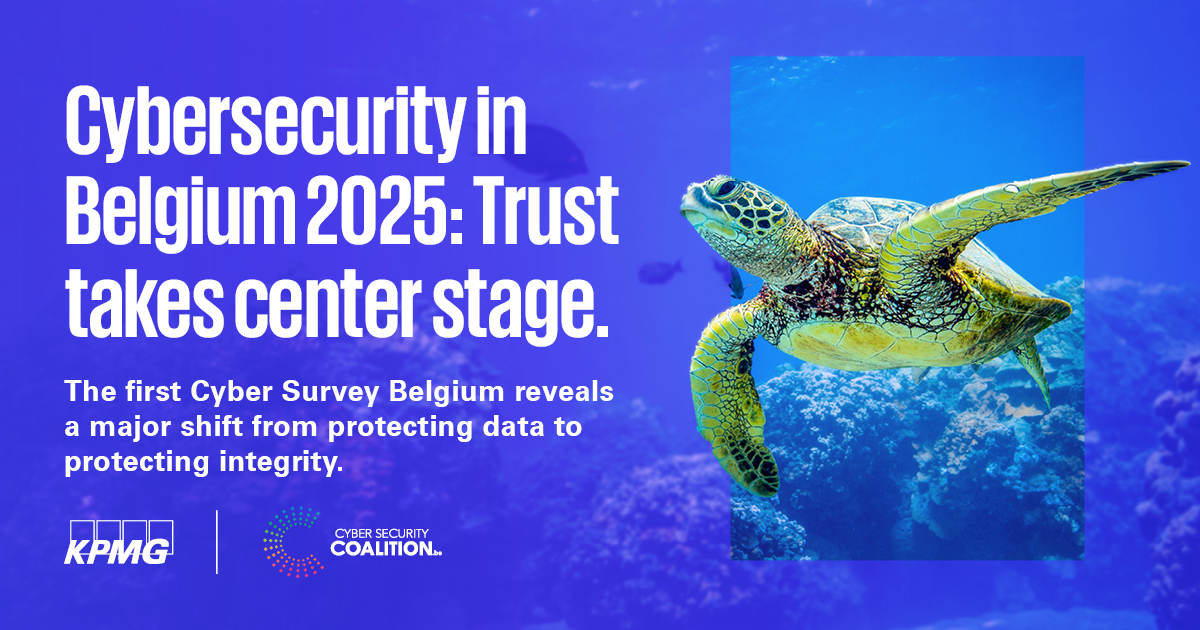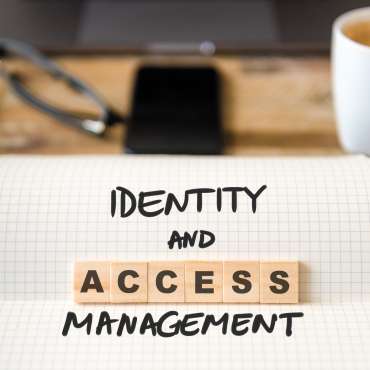Trust: the currency of cybersecurity
Cyberattacks are evolving. No longer limited to stealing data or disrupting operations, they now aim to manipulate information, undermine processes, and erode trust. Disinformation campaigns, deepfakes, and AI-driven social engineering highlight how fragile our trust in digital interactions has become.
Trust is the new currency of cybersecurity—trust in companies, in critical infrastructures, and in the digital economy as a whole. Once compromised, it is difficult to restore, and the consequences go far beyond technology, affecting competitiveness, reputation, and social cohesion.
Blurring boundaries
The boundaries between geopolitical conflict, cybercrime, and disinformation are disappearing. Belgian organisations are directly affected: half reported an increase in attacks, and one in six experienced a successful incident. State-backed actors and organised crime dominate the landscape.
At the same time, artificial intelligence is reshaping the field. It empowers defenders with faster detection and smarter analysis, but it also enables attackers to launch targeted phishing, bypass MFA, or create realistic deepfakes at scale. This dual role makes AI both a tool of hope and of risk.
The supply chain has emerged as a significant vulnerability. Attacks on suppliers and service providers already affected 38 percent of Belgian organisations.
Regulatory pressure from NIS2, DORA, the Cyber Resilience Act, and the AI Act now forces organisations to treat third-party risk as a central part of their resilience strategy.
Humans at the centre
Despite all technological advances, people remain the decisive factor in cybersecurity. Belgian organisations confirm this paradox: employees are often the entry point for attackers—yet also one of the most effective ways to detect incidents. Awareness, vigilance, and a strong security culture are critical.
Building resilience means not only deploying tools, but also investing in people: through training, awareness programmes, and clear processes. In an environment where phishing emails can lead to compromise in under 72 minutes, human intuition and critical thinking are irreplaceable.
Resilience in uncertain times
Cybersecurity is no longer just a technical matter. It has become a societal necessity. The growing complexity of the threat landscape requires cooperation between government, business, academia, and civil society. Belgium must strengthen its digital sovereignty, embrace innovation responsibly, and prepare for hybrid threats.
Absolute security is not achievable. But resilience—the ability to withstand, adapt, and recover—must be the guiding principle. This study shows where Belgian organisations are making progress, where challenges remain, and how regulation, technology, and people can combine to protect trust in the digital world.
Closing thought
Cybersecurity is like a marathon—on a treadmill that keeps getting faster. Standing still means falling behind. The future belongs to those willing to continuously develop, invest, and innovate—not only in technology, but also in organisations, processes, and above all, people.
With this first Cyber Survey Belgium 2025, we invite you to join the dialogue, share experiences, and strengthen Belgium’s collective resilience in the face of an uncertain but digital future.




